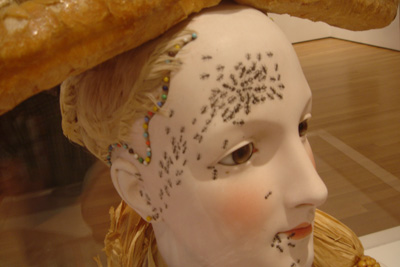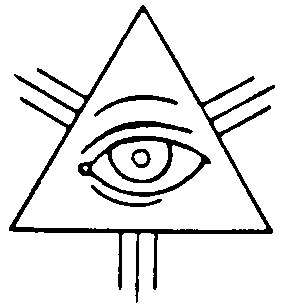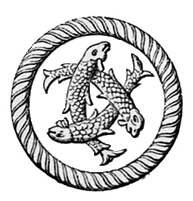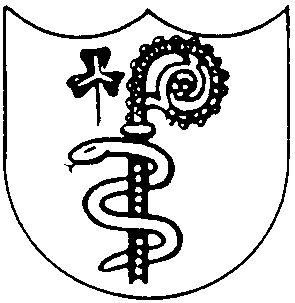

Avoid these symbold if you can.....



These are ok...




Active Imagination
The transcendent or healing function is the release of the unconscious meaning of the archetypes. The archetypal process is that which brings into consciousness a previously unconscious content and restores the psyche to healthy balance. For Jung therapy must take a constructive and not reductive approach to the process of symbolic expression. Constructive treatment means paving the way for the patient's own insight into that process, often by seeking together for helpful parallels for the patient's own individual symbolism in ancient mythology.
Jung's own constructive practice was to re-connect the individual "with the Gods" - i.e. with the collective archetypes of the unconscious - so that the healing transcendent function would come into play.
Jung used many different approaches and techniques to reconnect his patients with the archetypes experienced through their images from dreams, fantasies and symbols. Psychoanalysts had employed hypnosis, automatic writing and free allocation to activate the unconscious mind. Jung's experience of drawing Mandalas showed him that archetypes can stimulate and regulate creative activity which has a therapeutic effect. A dream symbol can be creatively elaborated in many ways, by drama, dance, painting or writing, which reduces the inexplicable pressure exerted by the unconscious and encourages the process of individuation. Jung developed the method known as 'active imagination', a therapeutic process which climaxes in the patient's discovery of his or her own psychic 'centre'.
Active imagination can be painting, drawing or any other use of colour and form. The seemingly unmanageable chaos of one situation is visualized, objectified, observed by the conscious mind and analyzed. It is a fascinating blend of unconscious, preconscious and ego-consciousness in action.
The source of this creative energy is the symbol of birth and creation, the mother, and is rooted in our biology and inborn instincts. Our direct fantasies in creative works make conscious the realization of the mother archetype. However the world of creative fantasy needs roots in the here and now; the earth mother is an exquisite symbol of that, acceptance of the here and now is living in the present, the eternal moment, giving us this day our daily bread is asking for sustenance for this one day, not for tomorrow or the hereafter. This moment is the only reality we will ever know, fully lived it is our whole life, not just carrying on for a better tomorrow but accepting fate as this being as it is given to us - here and now. Accepting fate in this sense is not being fatalistic, quite the contrary, it allows us our only opportunity to influence our destiny which, at each moment in the future, will be our fate in the here and now. When you accept your present fate you may be able to change your destiny, acceptance and adaptation to your inner reality is as important, and maybe more important, than adaptation to outer reality both being givens in the here and now.
Religious symbols have come from time before history. Primitive persons seeing the heavens, eclipses, tornadoes and lightning or hearing thunder was in the world of magick and divine power; the world is now lost in the delusions that we have mastered space, conquered mountains and are hot on the clues to the mystery of life itself. We have not even begun to conquer ourselves.
"The impact of an archetype, whether it takes the form of immediate experience or is expressed through the spoken word, stirs us because it summons up a voice stronger than our own. Whoever speaks in primordial images speaks with a thousand voices; he enthralls and overpowers while at the same time he lifts the idea he is seeking to express, out of the occasional and the transitory to the realm of the ever-enduring". "He transmutes our personal destiny into the destiny of mankind and evokes in us all those beneficent forces that ever and anon have enabled humanity to find a refuge from every peril and to outlive the longest night". (Jung).
No comments:
Post a Comment